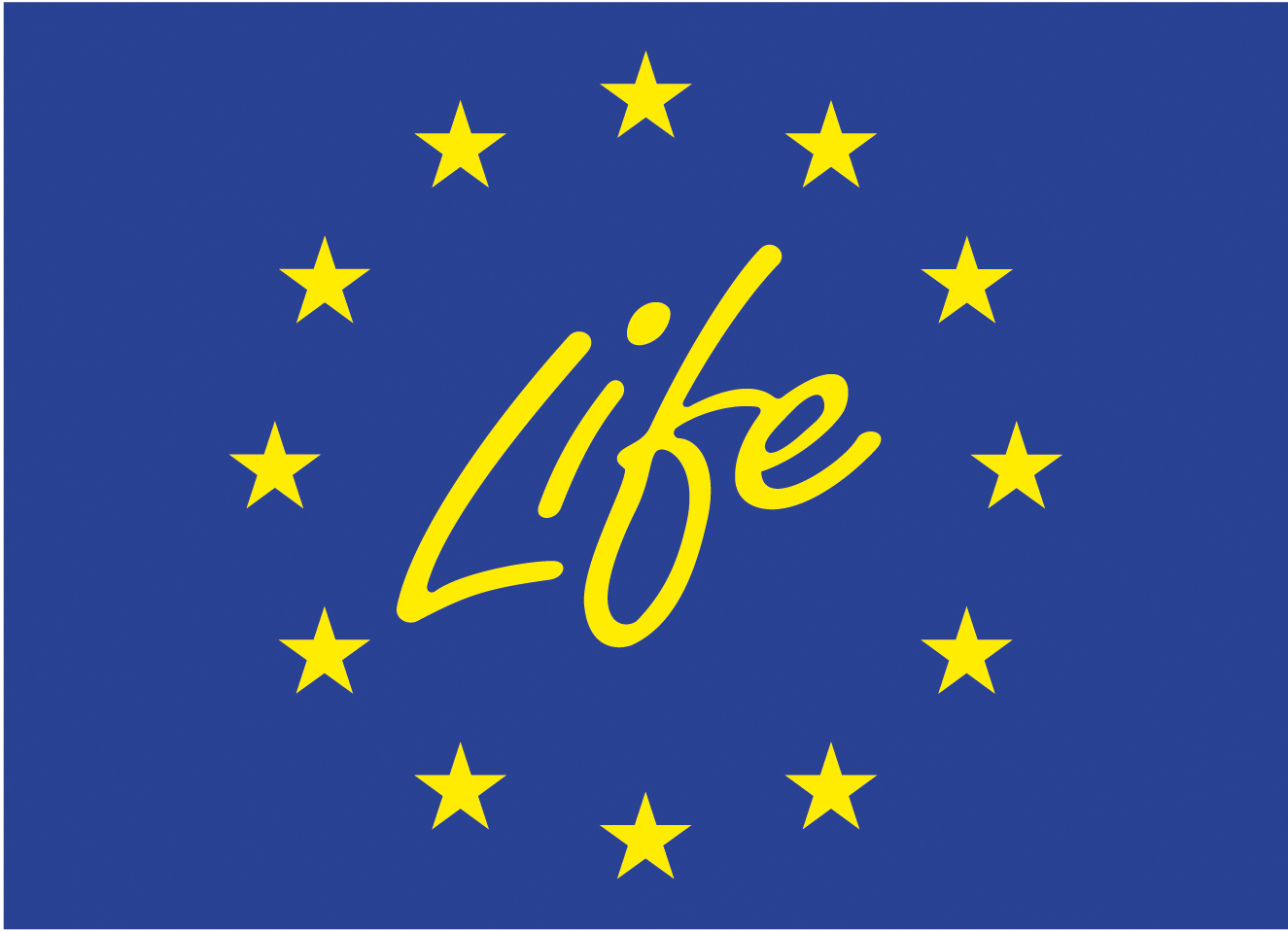Promoting recycled fertilizers in Europe: IFOAM Organics Europe position paper & outcomes policy workshop on closing the nutrients’ cycle
On 28 February, IFOAM Organics Europe has published a new position paper on the Commission’s Integrated Nutrients Management Action Plan (INMAP), expected to be adopted in Spring 2023.

In the paper, in addition to highlighting the benefits of organic farming regarding nutrients’ cycles, IFOAM Organics Europe provides the policy-makers with 10 recommendations that would help the EU in reaching the Farm to Fork strategy targets on reducing nutrient losses by 50% and reducing fertilisers use by 20% by 2030.
In particular, IFOAM Organics Europe recommends:
- fostering organic farming and the use of organic recycled fertilizers;
- ensuring better collection and separation of recycled fertilizers to avoid contamination and ensure compatibility with organic production rules; and
- developing local infrastructures for collecting and recycling organic fertilizers.
On 29 November 2022, IFOAM Organics Europe in collaboration with other organisations had organised a policy workshop on closing nutrient cycles in European Parliament. event on this topicThe event was hosted by Members of the European Parliament Margrete Auken and Thomas Waitz (both Greens/EFA). Including the online broadcast, 80 people participated at the workshop.
The report of the workshop, highlights five key take aways:
- A profound transformation of the food system is needed Athat fosters long-term sustainability and self-sufficiency and steers away from short term solutions;
- False solutions and lock-ins need to be avoided (I.e., the European Commission proposed action on support for fertilizer production and use). Agricultural policies such as the Common Agricultural Policy (CAP) should be subject to compliance with reduction of nutrient excess and pesticides dependency while maintaining good agricultural production;
- Ecosystem destruction is the biggest threat to food security. Therefore, EU agricultural and food policies should be allocated to the production of public goods such as the provision of ecosystem services, the restoration of biodiversity and the ecological network that can biologically fix large amounts of nitrogen, regulate weeds, pests and diseases, support recycling of nutrients, as well as secure pollination and other vital functions in the agroecosystem;
- Existing policies will not be enough to achieve the Farm to Fork Strategy’s 50% nutrient-loss reduction target by 2030. Further action addressing inputs and taking a holistic approach to nutrient flows are needed to reach the indicative target of halving nutrient losses;
- The Integrated Nutrients Management Action Plan, expected to be adopted in Spring 2023, should adopt a food system redesign approach and include incentives for dietary changes. There is an urgent need to rebalance protein intakes by increasing the share of legumes in European diets.
Links to download presentations are available in the report of the workshop.
Our members can find information on our recommendations for the INMAP on our member extranet. Interested in becoming a member? Contact [email protected] for more information or access rights issues.
For more information on fertilizers and the INMAP, contact [email protected]

The work of IFOAM Organics Europe on this topic is co-financed by the LIFE programme of the European Union, under the Climate, Infrastructure and Environment Executive Agency (CINEA). This page only reflects the views of the authors and its sole responsibility lies with IFOAM Organics Europe. The CINEA is not responsible for any use that may be made of the information provided.

